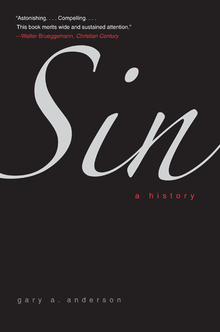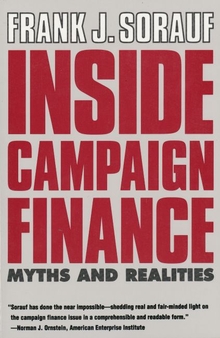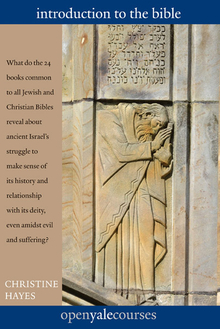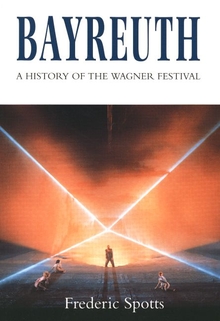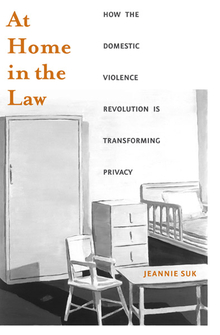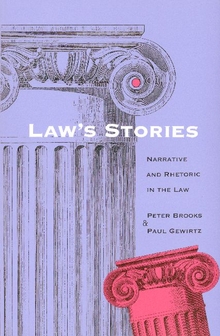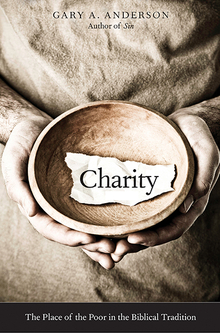Sin
WARNING
You are viewing an older version of the Yalebooks website. Please visit out new website with more updated information and a better user experience: https://www.yalebooks.com
A History
Gary A. Anderson
What is sin? Is it simply wrongdoing? Why do its effects linger over time? In this sensitive, imaginative, and original work, Gary Anderson shows how changing conceptions of sin and forgiveness lay at the very heart of the biblical tradition. Spanning nearly two thousand years, the book brilliantly demonstrates how sin, once conceived of as a physical burden, becomes, over time, eclipsed by economic metaphors. Transformed from a weight that an individual carried, sin becomes a debt that must be repaid in order to be redeemed in God's eyes.
Anderson shows how this ancient Jewish revolution in thought shaped the way the Christian church understood the death and resurrection of Jesus and eventually led to the development of various penitential disciplines, deeds of charity, and even papal indulgences. In so doing it reveals how these changing notions of sin provided a spur for the Protestant Reformation.
Broad in scope while still exceptionally attentive to detail, this ambitious and profound book unveils one of the most seismic shifts that occurred in religious belief and practice, deepening our understanding of one of the most fundamental aspects of human experience.
"In this highly original study, Gary Anderson draws on a cornucopia of sources (biblical, patristic, rabbinic) to show how different metaphors, e.g. a weight on one's back or a debt to be paid, have shaped the development of Jewish and Christian understandings of sin. Though Anderson ranges far and wide, he never loses sight of the big picture."—Robert Louis Wilken, University of Virginia
"Anderson is developing a new approach to biblical theology, by probing the root metaphors for theological ideas, and tracing their interpretation in postbiblical Judaism and Christianity. This book is important not only for the history of sin, but also for the central theological idea of atonement. An important and original book."—John J. Collins, Holmes Professor of Old Testament, Yale University
"An extraordinary piece of detective work. Anderson shows how the central way of representing—and conceiving of—sin changed dramatically within biblical times, and how this change in turn came to be elaborated in later Judaism and Christianity. This is an extremely important, indeed, mind-changing book for anyone interested in the history of these two religions."—James Kugel, Harvard University
"In an age of psychobabble and ‘my bad,’ Gary Anderson provides a scholarly, insightful, and needed reminder that ‘sin’ has been a crucial idea in humanity's moral self-understanding for millennia.
Anderson is a master of sources and a gifted writer, ranging widely and knowledgeably over Jewish and Christian biblical and theological materials. A most impressive contribution to the recovery of the moral ballast of our culture."—George Weigel, Ethics and Public Policy Center, Washington, DC
"Wonderful and surprising . . . a significant contribution both to scriptural interpretation and to theology proper, and an object lesson in how to do both well. . . . [
Anderson] brings the traditions he interprets alive and shows how Christianity and Judaism each provides a thread in a single figural fabric."—Commonweal
"Astonishing . . . compelling. . . . This book merits wide and sustained attention. . . . There are few books available that offer as many generative insights as this one.”—Walter Brueggemann, Christian Century
"Impressive . . . powerfully reasoned and compelling."—Peter Lopatin, Commentary
"Scholarship at its best . . . well-argued insights and lively prose. . . . Highly recommended."—Choice
"[A] penetrating analysis."—Micah D.
Kiel, Journal of Hebrew Scriptures
"This slender volume, bearing the author's wide learning with a rare grace, addresses a significant question in Jewish and Christian thought, one with far-reaching implications for theology, ethics, and the church's work. . . . [Anderson's] work offers a learned, and in many ways spiritually liberating, alternative to both evangelical and liberal views of sin and justification while taking human obligation seriously."—Restoration Quarterly
Publication Date: August 31, 2010

